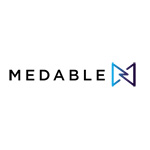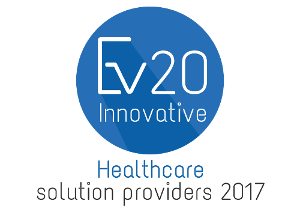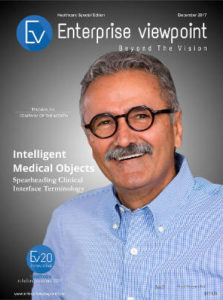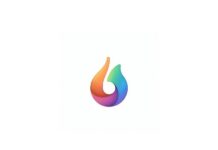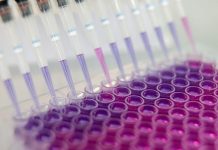Today, medical apps have initiated huge seas change in how patients are controlling their health and medical decisions. Apps are empowering ordinary people to gain knowledge and actively participate in changing their lifestyle.
These ever-increasing healthcare apps and smart wearables produce tons of data; data that can define the context of human life. Transforming this big data into smart data is Medable, a leading app and analytics platform for healthcare. “Earlier, the context of our lives was not captured or considered in healthcare delivery. Decisions about our health and clinical research discoveries were limited to the small amount of static data captured in clinic visits. With continuous health data streams via mobile, we can now incorporate context into care and discovery. But deriving insights and meaning from this data requires advanced analytics systems and AI. Using AI, we will better understand how the way in which live our day to day lives, contributes to health and disease and once we do, we can leverage AI to optimize our behaviors in real time, for health,” says Michelle Longmire, Medable’s CEO, and founder.
Medable’s mission is to enable researchers to be digital health innovators, without the hassle of complex coding and being HIPPA-compliant. Axon, the company’s platform to create healthcare apps, enables any clinical researcher to build a fully HIPAA-compliant mobile application for study participation, without a developer. The company has partnered with Redox, the leader in cloud-based healthcare API services to enable the use of EHR data to streamline mobile medical research. The partnership enables the first fully-integrated medical research platform between smartphones and EHRs.
The AI Machine
Cerebrum, the first cloud-based machine learning platform created solely for health apps, is the latest addition to the array of products they offer. “It (Cerebrum) has been built from the ground up by our team using open source frameworks as well as custom frameworks. Unlike other systems, Cerebrum was purpose-built for digital healthcare. This focus is important in delivering real product value and capability,” Dr. Longmire explains. With Cerebrum’s ability to harvest data across the network, find patterns, and rapidly generate novel insights, predicting a health event, such as warning an elderly relative when he is at greatest risk of a fall, or preventing an asthmatic child from triggering a life-threatening episode, becomes easy and more accurate.
Cerebrum leverages data gathering smartphones with a first-of-its-kind machine learning engine, resulting in health events becoming more easily predicted, such as warning an elderly relative when he is at greatest risk of a fall or preventing an asthmatic child from triggering a life-threatening episode. Smartphones are the planet’s dominant accessory. Cerebrum can be used with Apple HealthKit, CareKit and other mobile platforms to more effectively learn and treat digital signatures of health and disease. Medable’s analytics platform was built to address the unique concerns of the healthcare and life sciences industry and provide artificial intelligence to the entire ecosystem. “We are on the cusp of an era of pervasive diagnostics. Eventually, smartphones will become intelligent diagnostic tools, like a physician in the palm of your hand.”
Traditionally, data science has been a manual, iterative, and time-intensive process, says Dr. Longmire. Cerebrum’s unique machine learning system has the ability to automate the identification of high-value predictors and provide rapid generation of novel insights. Running hundreds or thousands of queries to discover a health pattern can be extremely time-consuming for researchers. Cloud-based ML can reduce this time significantly and has the ability to extract high-quality inferences from large amounts of data with less intervention.
The Future Redefined
According to Dr. Longmire, health companies and researchers have struggled with return on investment (ROI) issues related to Big Data. Cerebrum can help them gain a much better understanding of their data through text classification and mining, emotion/behavior analysis, tagging, and other health-specific features. Cerebrum provides machine learning across the ecosystem of clinical study data, including standard clinical instruments and patient-reported outcomes data, meta-data from mobile devices, connected devices, and genomic and epigenomic data. The adoption of cloud computing in the healthcare industry has been a slow process due to concerns about security, regulatory and compliance. Healthcare providers have also spent enormous effort on data-gathering and data-preparation, but they have struggled with using the data itself. Medable’s solutions address all of these concerns.
The adoption of cloud computing in the healthcare industry has been a slow process due to concerns about security, regulatory and compliance. Healthcare providers have also spent enormous effort on data-gathering and data preparation, but they have struggled with using the data itself. Medable’s solutions address these concerns.




